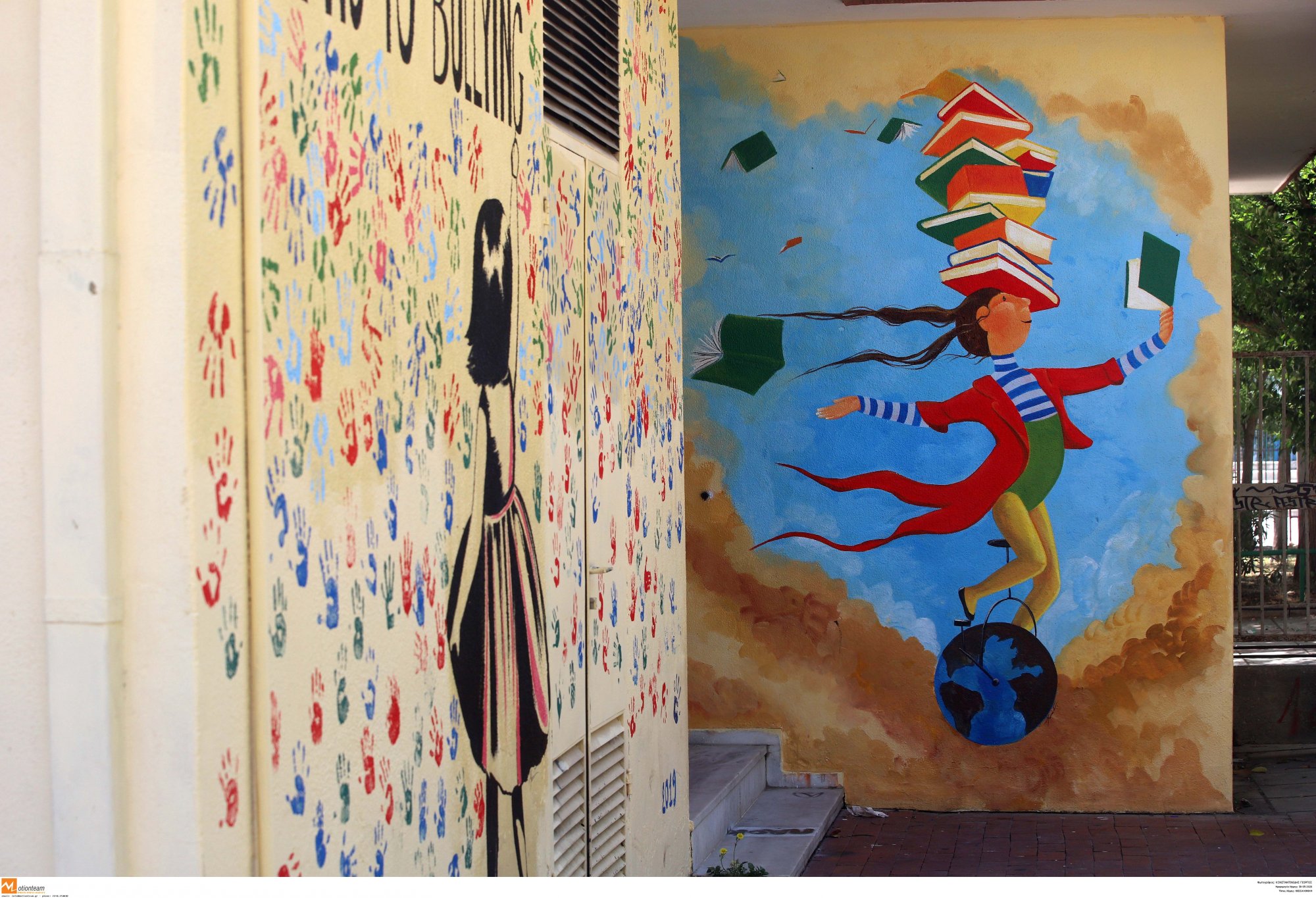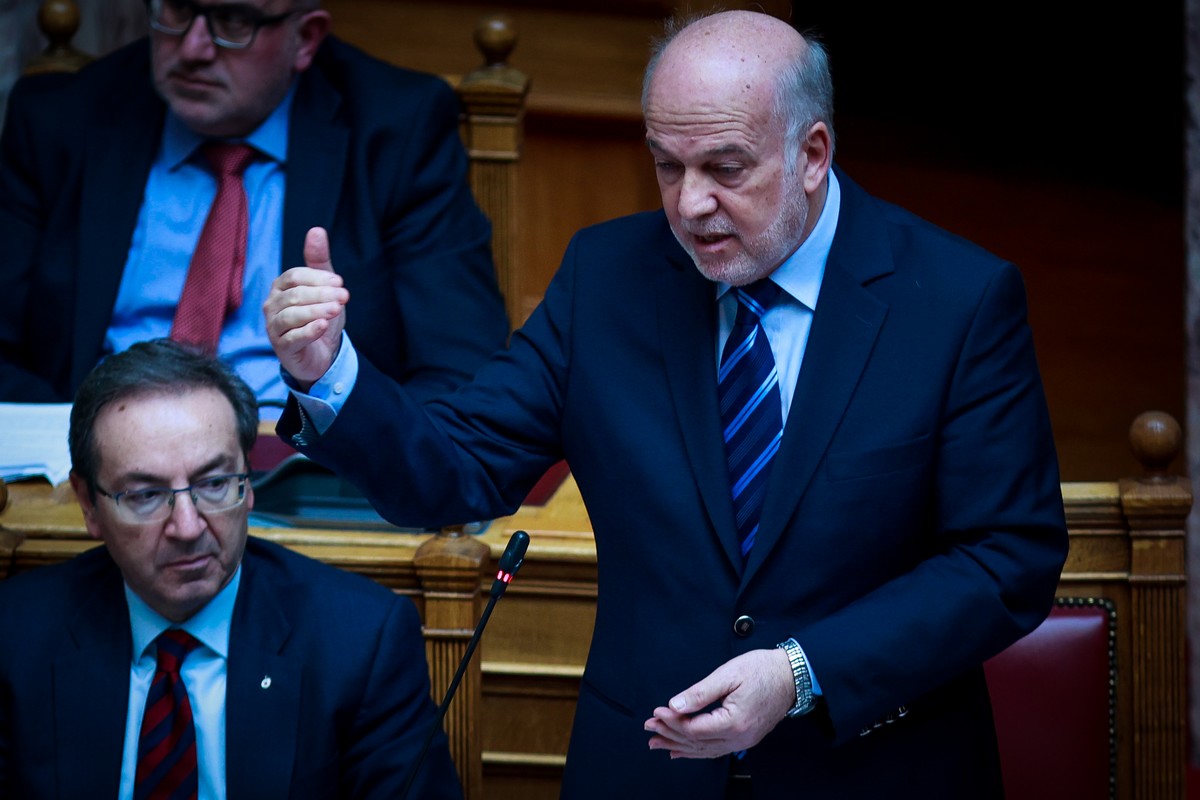Piadiamantis, Solomon, Verne, Tolstoy. These are four of the authors who will “welcome” the students in their schools in January 2025, in a different version of the teaching of the Literature course, based on the new philosophy introduced in education by the Ministry of Education. Who is she; The study of an entire novel.
Thus, in the middle of the next school year, students will receive their literature books for free from the state, so that they can start studying one or two novels during the school year. In total, the students will have collected 26 classic novels in their personal libraries from kindergarten until the end of their school life, in a small literary “chronicle” of their school years, a path to adulthood based on… letters and in critical thinking.
Reading workshop
This small “reading workshop” that will be set up from next year in schools all over the country aims to teach children again how to… read, an educational path that has long been lost given the absolute prevalence of the new digital age in everyday life and in their life.
What changes in the teaching of the course, which the Minister of Education Kyriakos Pierrakakis want to combine with a big campaign about literary books in schools?
From the beginning of 2025 (and in connection with the implementation of the “multiple book” institution from the school year 2025-26) school students will no longer be taught many different literary texts piecemeal, as was the case until now, but one or two whole books. The goal of this process is for them to finally acquire critical thinking, to follow the course and behavior of the characters of each book to its end and finally to assimilate its message. Also to study, as sources of the Institute of Educational Policy (IEP) say in “Vima”, cross-curricularly the period when each book was written, in yet another attempt to apply the famous cross-curricular approach to our educational system. An attempt that has been started for three decades but has never been completed.
What does intersubjectivity mean in practice? The students should be taught an entire literary book through different sciences: they should also study the period in which it takes place (History), the country in which it was written and the conditions prevailing at the time of its writing (History – Geopolitics), the discoveries of of the period mentioned in it (Natural Sciences – Mathematics), the works of art it includes (Visual – Artistic).
Teaching is compulsory
The teaching of a literature book will be compulsory, but not necessarily linked to the final exams at the end of each school year. However, his teaching will be linked to the preparation of relevant tasks for understanding the texts.
The IEP will propose a list of relevant books to the schools of the whole country – which is being organized at this time – and from these each school will choose two books: one to be taught to the children as primary and one as secondary. In the first year of implementation of the new program, from the middle of the next school year, i.e. from January 2025, only one book per class will probably be sent to schools so that students can “work through” it by the end of the year. year. Thus, from September the school year will begin with the conventional way of teaching Literature through many different texts (which will not be abolished in the future completely, but will coexist with the study of a book), while in January 2025 they will be sent to schools the new literary books for the young people to study in the last quarter.
«From kindergarten to 3rd high school, children will have the opportunity in the next school year to acquire important books of Greek and foreign literature which they will “work” with their teacher in the context of their school educationsources from the Ministry of Education told “Vima” in the previous days. “The goal is to create a new culture where the student “sees” no longer fragmentarily but comprehensively the benefits of reading/studying a literary book.
In this way, we will strengthen another capacity and in fact for 13 consecutive years. For a student to be able to read literary books, discuss them with his friends, with experts, with people of letters and arts, with another world that he may have put asidethey emphasized.
#Education #modern #literature #complete #novels #classics

:quality(70)/cloudfront-us-east-1.images.arcpublishing.com/metroworldnews/S4W7XT6USJEXVCDVMEB6EXZARQ.jpg)
